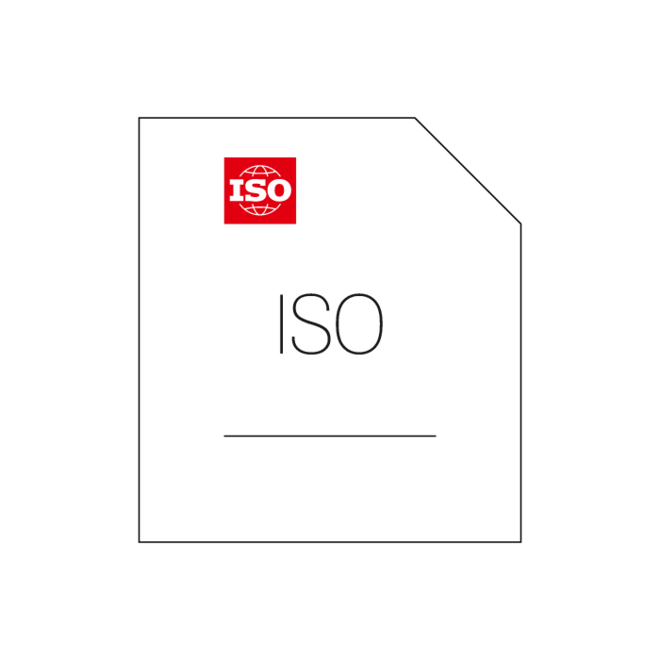

ISO/IEC 9798-2:2008
Ausgabedatum: 2008 12 09
Information technology — Security techniques — Entity authentication — Part 2: Mechanisms using symmetric encipherment algorithms
ISO/IEC 9798-2:2008 specifies entity authentication mechanisms using symmetric encipherment algorithms. Four of the mechanisms provide entity authentication between two entities where no trusted third party is involved; two of these are mechanisms to unilaterally authenticate one entity to another, while the other two are mechanisms for mutual authentication of two entities. The remaining mechanisms require a trusted third party for the establishment of a common secret key, and realize mutual or unilateral entity authentication.
The mechanisms specified in ISO/IEC 9798-2:2008 use time variant parameters such as time stamps, sequence numbers, or random numbers to prevent valid authentication information from being accepted at a later time or more than once.
If no trusted third party is involved and a time stamp or sequence number is used, one pass is needed for unilateral authentication, while two passes are needed to achieve mutual authentication. If no trusted third party is involved and a challenge and response method employing random numbers is used, two passes are needed for unilateral authentication, while three passes are required to achieve mutual authentication. If a trusted third party is involved, any additional communication between an entity and the trusted third party requires two extra passes in the communication exchange.


